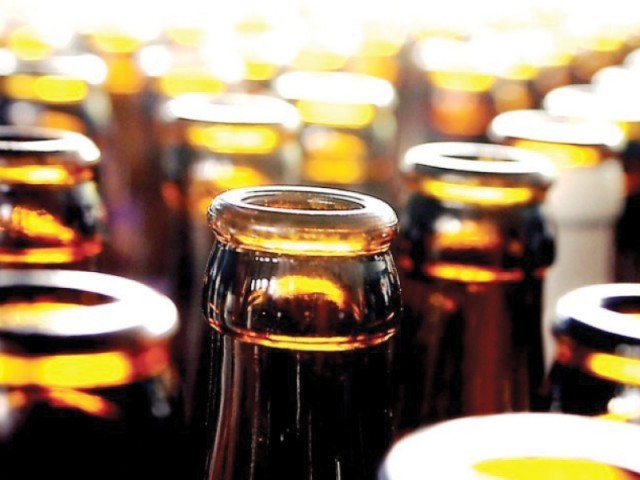ISLAMABAD: A renowned beverage company in a letter submitted to the National Assembly Standing Committee on Finance has complained high taxes on beverages are promoting sales of fake products.
The company demanded the Federal Board of Revenue (FBR) to simplify indirect taxes on carbonated drinks reported Dawn.
The letter stated the corporate income tax rate was very high in Pakistan, at roughly 34 percent compared to a global average of 22-23 percent.
It called for revisiting the corporate tax structure and revising it, as unreasonable raises in taxes promote more tax evasion and sales increase of fake products, which upsets the level-playing field in the industry, which can have serious health repercussions for consumers.
Leading beverage company gave an example of a raid by Punjab Food Authority on a factory in Lahore in which over 400,000 fake soft-drink bottles. The sealed factory as per the letter had sold around an estimate 3.37 million of spurious drink bottle under renowned brand names.
It added simplification of tax structure could hamper the growth of fake products after prior consultation with stakeholders of specified product.
Also, it highlighted indirect taxes like Federal Excise Duty (FED) of 11 percent on several goods, high sales tax of 17 percent had increased retail prices, while purchasing power of consumers in the country decreased.
The letter advised decrease in corporation tax rate could promote entrepreneurs to make more investments but may assist other linked industries with it to grow as well.
Furthermore, the letter stated beverage industry had made an investment over $500 million in expanding their manufacturing capacity in the country, but complained improper taxes and inconsistent policies were hampering further investments.




